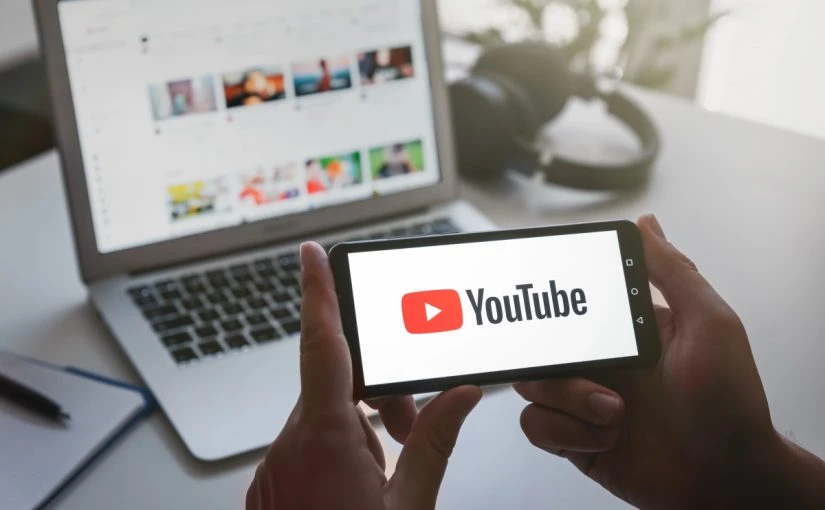YouTube is a powerful platform in the ocean of content online. It caters to many different interests. YouTube offers everything from educational videos to vlogs that are entertaining and music. When it comes time to consume music, however, users are often drawn to converting YouTube videos into MP3 format. The practice is gaining popularity, causing debates on legality and ethical issues, as well as the effect it has on musicians and the music business.
YouTube MP3 Converter: The Allure
Converting YouTube videos into MP3 is appealing because of the ease it provides. The users can create playlists and extract the audio directly from YouTube videos. They do not need an internet connection. It seems like a harmless practice, as users can enjoy their favorite tunes without having to rely on YouTube video playback.
The Legal and Ethical Consequences
The legality of the conversion from YouTube to MP3 raises concerns about copyright violations. YouTube’s Terms of Service explicitly forbid the downloading of unauthorised content, without permission from the original creator. Some argue this is fair use while others claim it violates the rights of creators as well as the streaming platform.
YouTube to MP3 converter adds a new layer to this issue. The music industry is already struggling with the problem of piracy. YouTube is a platform that artists and record labels rely on for revenue and exposure. The unauthorized removal of audio could impact these earnings or discourage the creation of new content.
YouTube’s Response:
YouTube is taking steps to combat the problem by using technology that blocks conversion sites and detects them. The internet is huge, with new platforms and tools constantly emerging, so it’s difficult to stop the practice completely. YouTube’s initiatives reflect the struggle to protect intellectual property while allowing users the freedom to enjoyment content their way.
What is Fair Use?
Fair use is often used by supporters of YouTube MP3 conversion, who claim that the audio they extract from youtube to mp3 converter will only be used for non-commercial personal use. The doctrine of fair use allows for the use of copyrighted materials under specific circumstances. This includes criticism, commentary, and news reporting. It also covers teaching, research, scholarship, or research. Fair use is subjective and determining it can be difficult. The legality of YouTube MP3 conversions remains up for interpretation.
The impact on artists and the music industry:
It is controversial to discuss the impact that YouTube MP3 conversion has on musicians and music producers. It can affect the ability of musicians and labels to support their creative efforts. Proponents say that the app can be used as a tool to promote artists, by letting users discover new music.
Alternatives to the Law:
While the debate over YouTube MP3 conversions continues, there are legitimate alternatives to consider that will support musicians and the music business. Many streaming services allow users to listen offline, so they can enjoy their music even without internet access. Platforms like Spotify, Apple Music, and YouTube themselves offer subscriptions with ad-free access and an offline library.
Explore the landscape of online audio conversion:
The online world is filled with tools and platforms offering similar services. Several websites and apps claim that they provide an ethical and legal way to download audio from videos online, focusing on adherence to copyright and fair-use principles. It is difficult to distinguish between legitimate services and those that may violate copyright.
Copyright Free Music is on the Rise
The internet is now home to a variety of music libraries that are copyright-free. Artists and creators of content can freely use the music in these repositories, which eliminates the need to convert it unauthorized. Creative Commons licensing, for instance, allows artists to specify how their work may be used. This fosters a collaborative, legal content-creation environment.
Conclusion:
Converting YouTube videos into MP3 format brings up important issues about copyright and fair use. It also raises questions regarding the effect on musicians and the music business. Although the convenience of converting YouTube videos to MP3 format is irresistible, users must also consider their ethical and legal consequences. Finding a balance in the ever-changing technology between protecting intellectual property and user freedom is a constant challenge, both for content creators as well as online platforms. In the end, cultivating a culture that respects artists and supports legitimate channels for music consumption will ensure a sustainable and vibrant future for the digital music industry.




